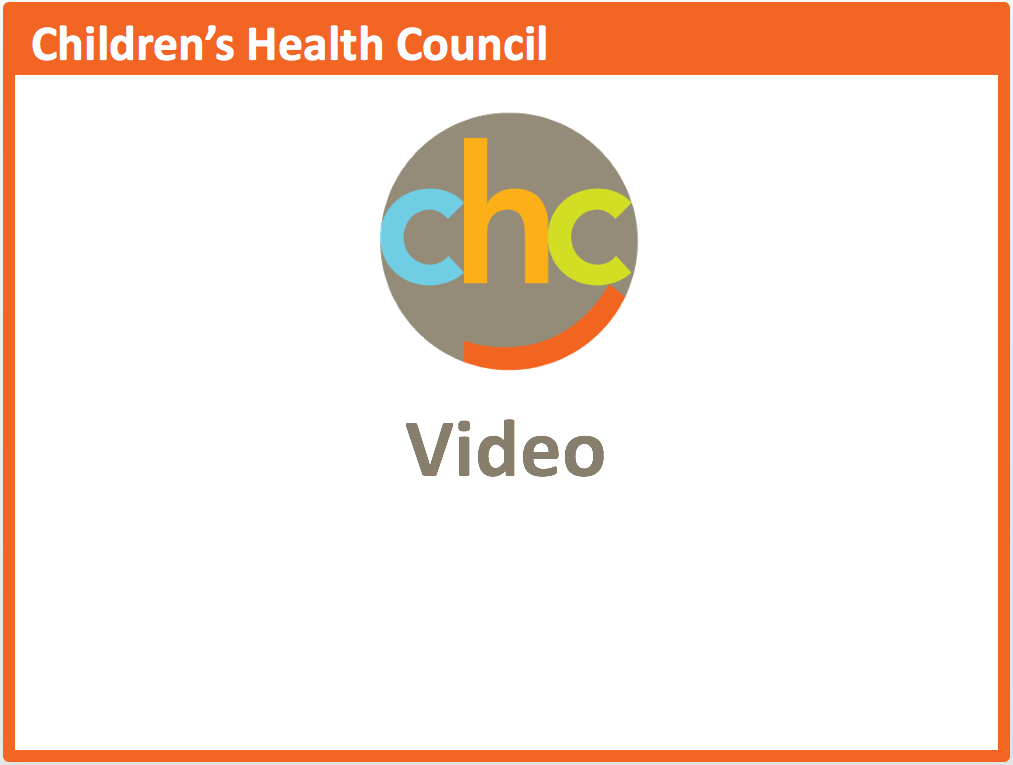 Children each learn and develop at their own pace, and reading is no different from other skill building. It’s common for kids to find reading challenging at one point or another. But if learning to read becomes an ongoing struggle that leaves a child falling behind his peers, it’s possible that he has a learning disorder known as dyslexia.
Children each learn and develop at their own pace, and reading is no different from other skill building. It’s common for kids to find reading challenging at one point or another. But if learning to read becomes an ongoing struggle that leaves a child falling behind his peers, it’s possible that he has a learning disorder known as dyslexia.
What is dyslexia?
Dyslexia is most commonly associated with trouble learning to read. It affects a child’s ability to recognize and manipulate the sounds in language. Kids with dyslexia have a hard time decoding new words, or breaking them down into manageable chunks they can then sound out. This causes difficulty with reading, writing and spelling. They may compensate by memorizing words, but they’ll have trouble recognizing new words and may be slow in retrieving even familiar ones.
Signs of dyslexia
A young person with dyslexia may:
- Struggle with learning even simple rhymes
- Have a speech delay
- Have trouble following directions
- Repeat or omit short words such as and, the, but
- Find it difficult to tell left from right
In school, children with dyslexia are likely to:
- Have difficulty sounding out new words
- Lack fluency compared to other children their age
- Reverse letters and numbers when reading (read saw as was, for example)
- Find it difficult to take notes and copy down words from the board
- Struggle with rhyming, associating sounds with letters, and sequencing and ordering sounds
- Stumble and have difficulty spelling even common words; frequently they will spell them phonetically (hrbr instead of harbor)
- Avoid being called on to read out loud in front of classmates
- Become tired or frustrated from reading
Dyslexia affects children outside of school as well. Kids with dyslexia may also:
- Find it difficult to decode logos and signs
- Struggle when trying to learn the rules to games
- Have difficulty keeping track of multi-step directions
- Struggle with getting the hang of telling time
- Find it especially challenging to learn another language
- Become incredibly frustrated, which can effect their mood and emotional stability
Social and emotional impacts of dyslexia
Dyslexia affects a lot more than reading — it can also impact a child socially. “A dyslexic person who has word-finding difficulties can have trouble with their expressive language,” says Scott Bezsylko, the executive director of Winston Preparatory School, which specializes in teaching kids with learning disorders. “That has a social impact, in addition to your difficulties with reading and writing, that make you feel not so good about yourself.”
Kids with dyslexia — particularly those who have yet to be diagnosed — often suffer from low self-esteem because they worry that there is something wrong with them, and are often accused of not trying hard enough to learn to read.
Excerpted from “Understanding Dyslexia” from the Child Mind Institute. Read the full article to learn how dyslexia is diagnosed, when a child should be evaluated, how to help kids with dyslexia, and more.






